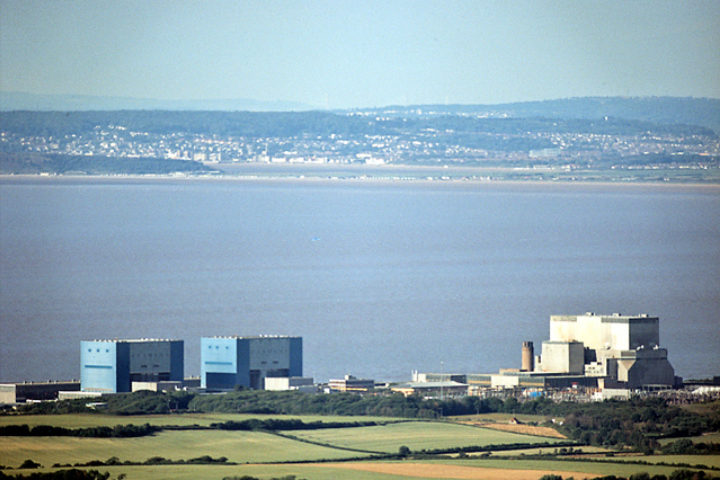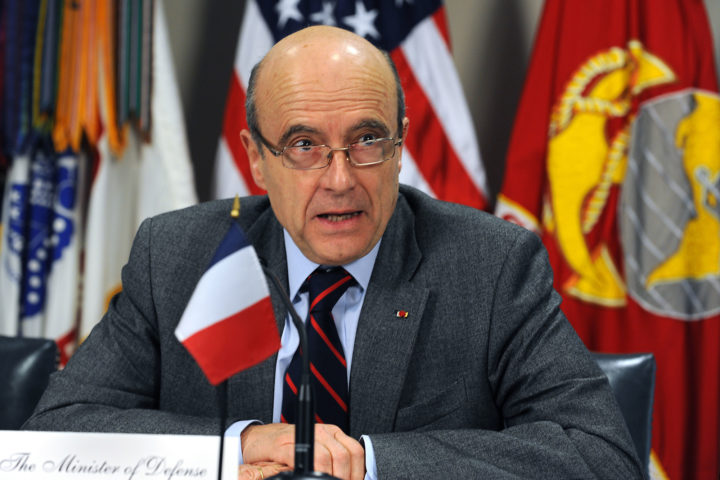Hinkley Point C: A done deal?
A decision has been made, time for full steam ahead?
By Jonny Marshall
Share
Last updated:

Theresa May threw her weight behind EDF’s Hinkley Point C power plant on Friday, therefore all may now seem to be plain sailing for EDF – and its Chinese partners – to press on with the controversial project. Despite speculation surrounding reasons for the review, ranging from national security interests to Mrs May’s desire to mark the beginning of a new political era, the deal appears to be largely unchanged. It still contains the same guaranteed price for power and the same backing for future Chinese reactors at other UK sites, with the main caveat a ‘golden share’ for the government, preventing owners (including EDF) from selling off their controlling stakes without permission from Downing Street.
While wrangling in government, media and international circles has been focussed on the decision, this is far from the final outcome: EDF still has to finance and build the plant, with several hurdles to clear before electrons begin to flow from the Somerset site into UK homes and businesses.
Both critics and opponents of the project can agree on one thing: delays. Since it was first touted in 2007, with electricity famously promised by Christmas 2017, the 3.2 GW plant has been besieged by setbacks. This is not unique to Hinkley. Four other European Pressurised Reactors (EPRs) are currently under construction, all running well behind schedule, most notably in Normandy and in Finland. Those two are vastly over budget as well – we don’t have this information for the Chinese plants. Without a successfully delivered project anywhere in the world, and no firm guarantee when it will start generating, questions remain over the ability of project designers, architects and construction teams to deliver Hinkley C on time and on budget. With the government eyeing the removal of unabated coal from the system by 2025 – the year juice is anticipated to ooze from Hinkley’s pipes – any delays could lead to short-term (and therefore expensive) stopgaps.

Throughout the process-to-date, supporters inside and outside the UK Government have stressed that EDF will shoulder all costs (and risks) associated with construction, to be repaid via the widely discussed Contract for Difference deal that will guarantee EDF close to £120/MWh by 2025 (based on current rates of inflation) - more than double governmental forecasts for power prices. In addition, EDF’s finances are said to be in less-than-stellar condition, coupled with the forced takeover of the near-bankrupt AREVA and a €100 billion bill looming for lifetime extensions or decommissioning of France’s nuclear fleet. Financial woes were reportedly behind the decision of former finance director Thomas Piquemal to resign back in June. Any boost in EDF equity resulting from the deal appears to be absent also. Shares opened slightly (0.4%) lower following this morning’s announcement, suggesting that the market sees no major change from Mrs May’s announcement.
Progress at EDF’s Flamanville reactor has been delayed by issues surrounding flaws in steel used in the reactor vessels, with tests identifying areas of reduced strength that could force the plant to run below capacity. With the same manufacturer eyeing production of the reactors at Hinkley, the outcome of these tests – which will run until the end of 2016, will be vital in progress of the EPR on this side of the Channel.
EDF is also waiting to hear the results from a trio of legal battles, all of which will have ramifications in the construction of Hinkley Point C. Prior to the Final Investment Decision (FID), the EDF workers’ committee initiated legal proceedings when told it was obliged to make a decision at the FID meeting. A court hearing around the claim is scheduled for September 22nd. Next up is the suing and countersuing between EDF and board members over the claim that CEO Jean-Bernard Levy had prior knowledge that Mrs May was to launch a review. Five members are reported to be less than happy, instigating action days after the final investment decision, with EDF denying the allegation and threatening to sue shortly afterwards.

Finally, 2017 is an election year in France. Frontrunners to move into the Élysée Palace – Alain Juppe, Nicolas Sarkozy and Marine Le Pen – are all reported to be less than enthusiastic about the deal, questioning the need to raid French national coffers to fund infrastructure in a country that recently voted to slash its ties with the rest of Europe. How much politicians will be able to get involved in the deal itself remains to be seen, but changes to energy market regulations within France could have deep consequences in the ability of EDF to deliver the project.
Although done, this is far from the Final chapter for Hinkley Point C. The reactor does provide clean, secure power and represent major investment in energy infrastructure that is sorely lacking, but how it will fare against challenges lying ahead will determine whether we ever cook our Christmas turkeys on Hinkley electricity.
Share